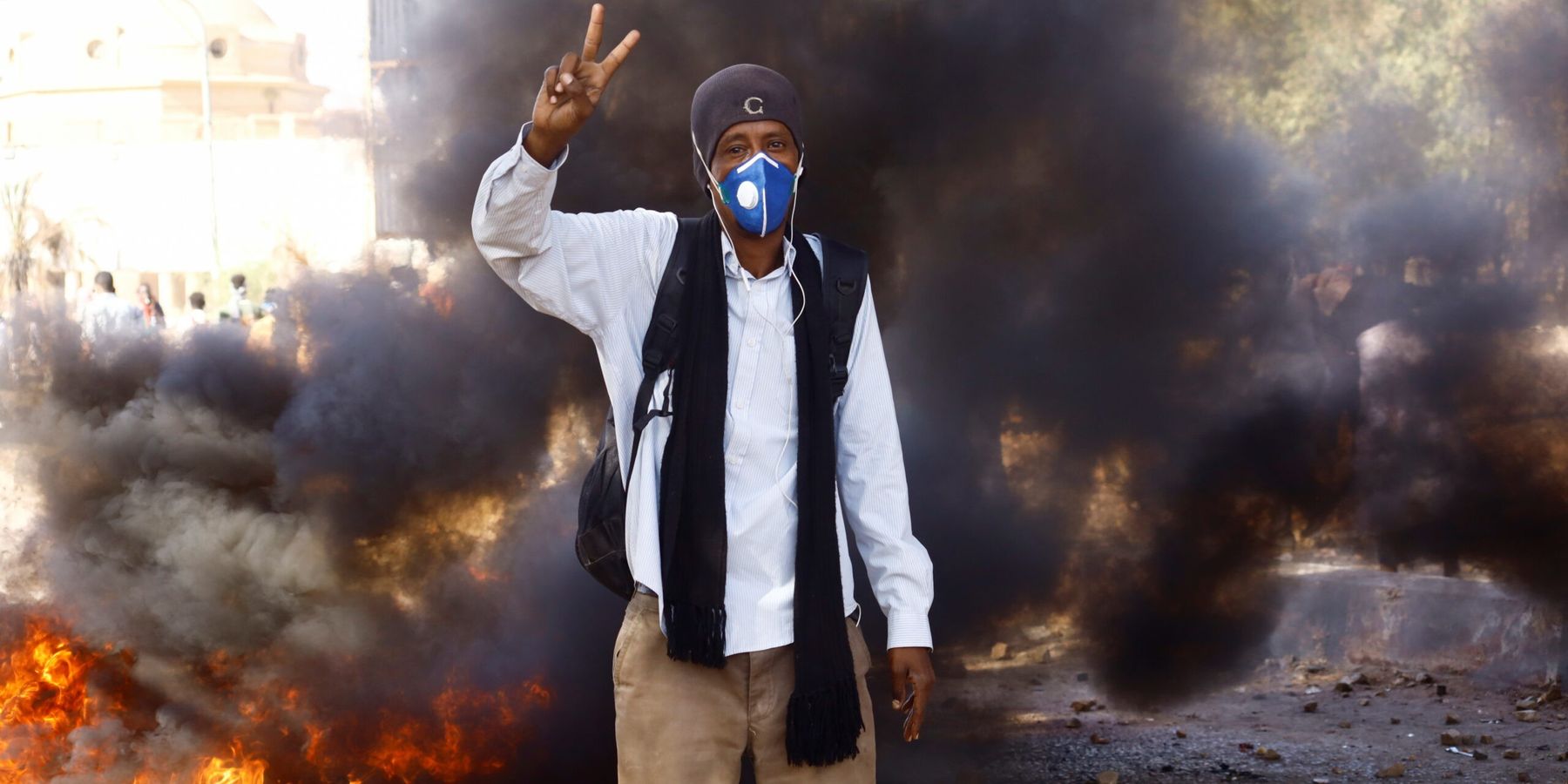In a dramatic move last week, the Rapid Support Forces (RSF) announced the selection of its own prime minister and presidential council to compete with and directly challenge the legitimacy of the Sudanese government.
News of the new parallel government comes days before a new round of peace talks was expected to begin in Washington last week. Although neither of the two civil war belligerents were going to attend, it was to be the latest effort by the United States to broker an end to the war in Sudan — and the first major effort under Trump’s presidency.
But the United States, which was planning to host the foreign ministers of Egypt, Saudi Arabia, and the United Arab Emirates (UAE), called off the talks scheduled for July 30 just before they were to begin because of disagreement with the Egyptians over the wording of a communique that was expected to be released as part of the summit.
The Egyptians, which have been closely aligned with the military-backed Sudanese government over the course of the civil war, opposed a portion of the document that declared that neither the current Sudanese government nor the paramilitary RSF could play a leading role in the new post-war transitional government. Egypt’s support for the Sudanese government places it in direct opposition to the UAE, which has provided military support to the RSF.
The RSF’s decision to form a new government took root in meetings in Kenya with leaders of other factions also opposed to the Sudanese government, led by General Abdel Fattah al-Burhan, in February of this year. The different groups joined forces to outline what a future regime should look like, ultimately launching the Government of Peace and Unity in mid-April
As announced on July 26, the prime minister chosen to lead Peace and Unity is Mohamed Hassan al-Ta’aishi. He served as a member of the Transitional Sovereignty Council which was instituted to rule over Sudan in the wake of the 2019 coup that led to the ouster of long-time ruler Omar al-Bashir. The presidential council, which will be headed by Mohamed Dagalo (widely known as Hemedti), is composed of 15 members, many of whom are RSF military personnel. Hemedti is the leader of the RSF military operation and the key rebel in the initial split with General al-Burhan, which served as the catalyst for the ongoing civil war.
The war, which has pitted the rival generals al-Burhan of the Sudanese government and Hemedti of the RSF against each other since it began in April 2023, has displaced over 12 million people and has caused arguably the most intense humanitarian crisis in the world.
The latest move by the RSF to put in place political figureheads to take charge of the new government increases the chance that the country’s political and territorial division will continue for years. Sudan is continuing to resemble other countries whose divided governments have caused years of political, economic, and security instability and chaos.
In Libya, for example, two opposing governments led by political and military rivals have each claimed sovereignty over the country and maintained legitimacy over portions of the nation’s territory since the North Atlantic Treaty Organization’s (NATO) 2011 military intervention in the country. The result has been incongruent policy objectives between the rival governments, continued military engagements, and a stifled economy unable to escape from the grip of political and security turmoil.
Similarly divisive political systems have dominated Somalia’s recent history, with the northern regions of Somaliland and Puntland both claiming independence from the Somali government, which is in the throes of a years-long counterterrorism campaign against terrorist organizations.
The RSF’s announcement of a prime minister and presidential council was swiftly condemned by regional organizations. The African Union’s Peace and Security Council publicly asked that international actors “not recognise the so-called ‘parallel government’ which has serious consequences on the peace efforts and the existential future of the country” and also “refrain from providing support and assistance” to the new government.
Meanwhile, the Arab League Secretariat warned that the new government would “impose a de facto reality by military force” and risks turning Sudan — which is a member of the Arab League — into a country of “warring cantons.”
With Sudan further fissuring, the United States should follow up on its diplomatic success in the DRC by working intensely with Egypt to correct the point of discord in the communique, and bring together the three foreign actors in a postponed peace summit in Washington aimed at getting each to end its support for its preferred faction in the war. Ending the constant stream of outside military supplies and support for the two major sides in the civil war is the only practical way for the United States to broker an end to this war.















